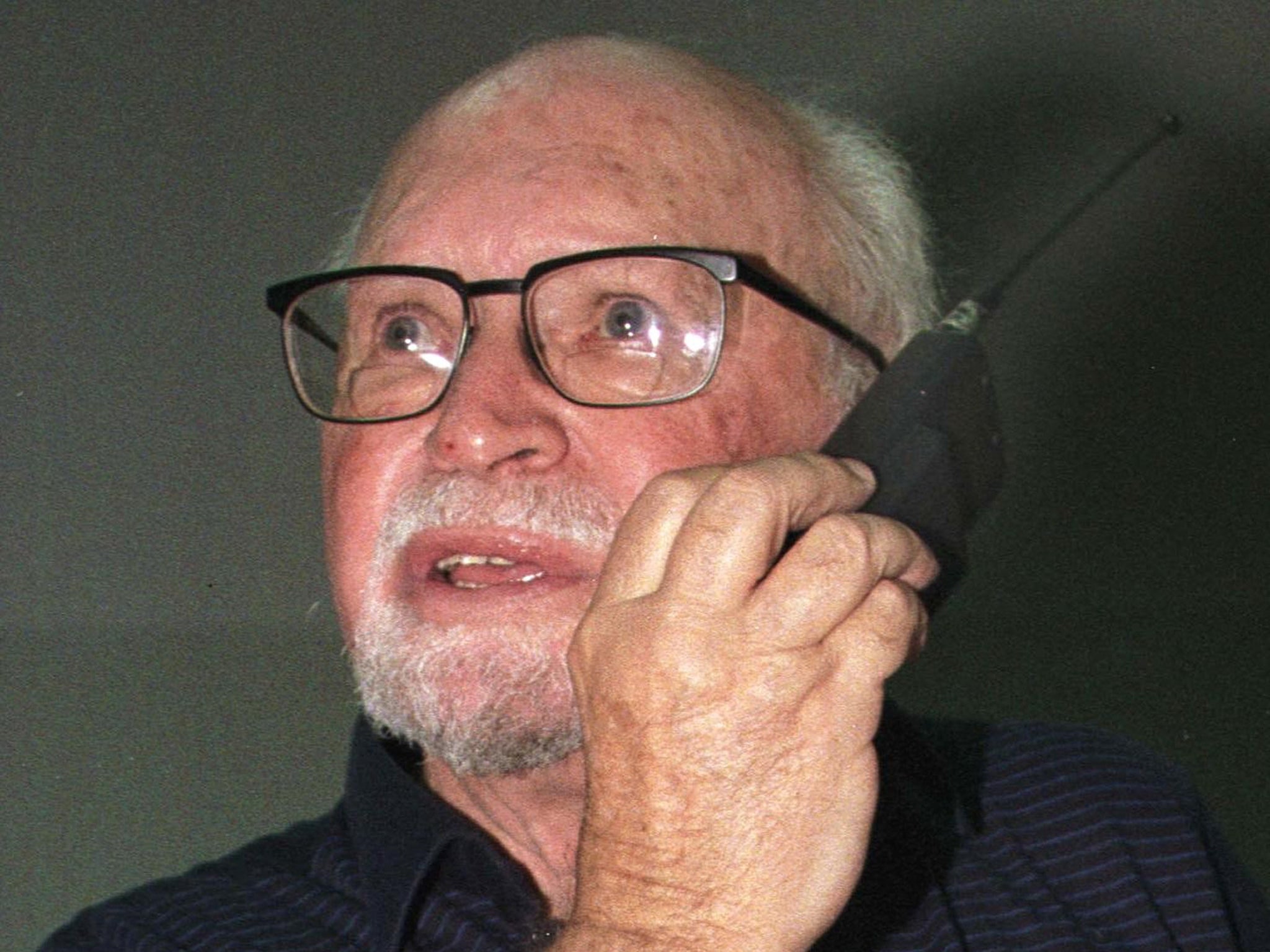Marcus Klingberg: Scientist who served 20 years in Israel for passing information on biological warfare to the Soviet Union
After a double agent exposed him, he was arrested and secretly sentenced in 1983 after 26 years of spying

Your support helps us to tell the story
From reproductive rights to climate change to Big Tech, The Independent is on the ground when the story is developing. Whether it's investigating the financials of Elon Musk's pro-Trump PAC or producing our latest documentary, 'The A Word', which shines a light on the American women fighting for reproductive rights, we know how important it is to parse out the facts from the messaging.
At such a critical moment in US history, we need reporters on the ground. Your donation allows us to keep sending journalists to speak to both sides of the story.
The Independent is trusted by Americans across the entire political spectrum. And unlike many other quality news outlets, we choose not to lock Americans out of our reporting and analysis with paywalls. We believe quality journalism should be available to everyone, paid for by those who can afford it.
Your support makes all the difference.Marcus Klingberg was an Israeli epidemiologist who was jailed for passing information on biological warfare to the Soviet Union. He served in a senior position at a secretive Israeli biological research institute when he was arrested. His case, including his arrest and trial, was shrouded in secrecy for years. One Israeli newspaper described him as the spy who caused the greatest damage to Israel. “This is the type of story they write TV series or movies or captivating books about,” Avigdor Feldman, a lawyer who once represented Klingberg, said. “There aren’t many people like him.”
Born in Warsaw in 1918, Klingberg fled to the Soviet Union during the Second World War, avoiding Nazi death camps where the remainder of his family perished. He served as a Red Army colonel and developed a “visceral attachment” to the Soviet Union, “the country that saved him,” his grandson Ian Brossat said.
He moved to Israel after the war, serving as deputy director of the Institute for Biological Research, a secret facility that develops chemical and biological weapons and their antidotes. Klingberg began spying for the Soviet Union in 1957. After a double agent exposed him, Klingberg was arrested and secretly sentenced to 20 years in 1983.
His case was made public by British newspapers in 1987 and again in German reports in 1989 amid unsuccessful efforts to arrange an East-West spy swap. An Israeli news black-out was lifted in 1993. Brossat said his grandfather had been held in custody for a decade under a false name and in solitary confinement. He served nearly 16 years in prison before being released to house arrest for health reasons.
When his sentence ended in 2003, Klingberg moved to Paris to be near his daughter, Sylvia. The Israeli security services objected strongly to his release, saying he was still a security risk.
Following his arrival in Paris, Klingberg told of how he met a Soviet agent he knew only as “Victor” in alleys and cars, starting in the 1950s. He said that the meetings started innocently, but he understood quickly that he was being asked to spy on Israel. Asked if there was a point when he made up his mind to co-operate, he said, “Yes, yes.”
However, he insisted that he never harmed Israel’s security. “To this day I don’t consider myself a spy. I handed over some information,” he said. In his autobiography he explained that he believed that information about weapons of mass destruction should be shared.
Feldman, who remained in touch with Klingberg, said he never expressed any regrets. “He thought his spying contributed to world peace,” he said. Brossat, a member of a communist group in Paris’s city hall, said his grandfather’s life was about more than just his espionage.
“What interests me is his resilience, which is absolutely extraordinary. He survived everything, and he died at a very old age. The second thing I admire is his loyalty toward the people who saved him. He remained a communist until the end, and faithful to communists and Russia.”
Avraham Marek Klingberg (Marcus Klingberg), scientist and spy: born Warsaw 7 October 1918; married Wanda (died 1990; one daughter); died Paris 30 November 2015.
Join our commenting forum
Join thought-provoking conversations, follow other Independent readers and see their replies
Comments